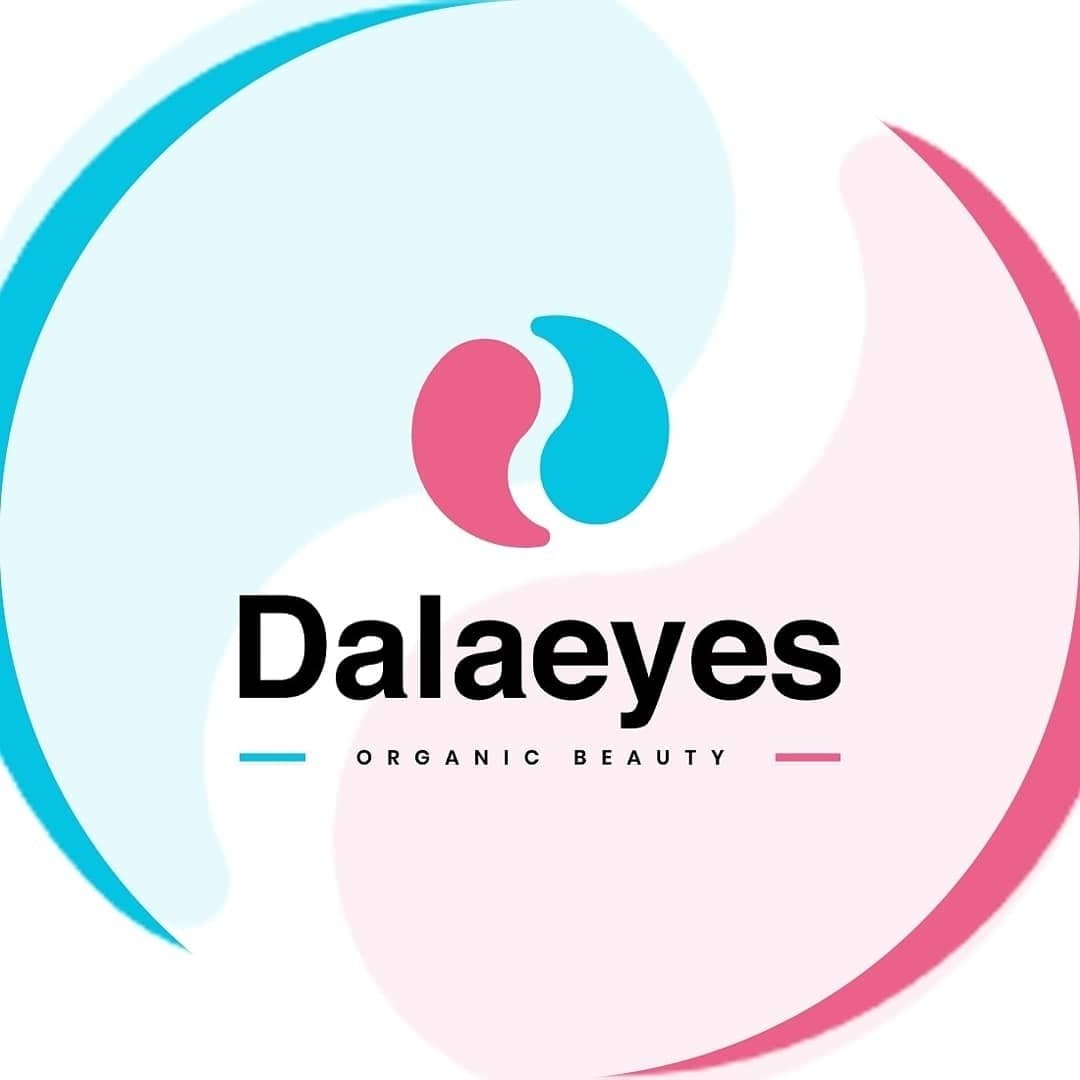Eco-Chic Glass Cups: Joco Cups’ WooCommerce Makeover
Business Description
Table of Contents
Navigate through the case study sections
Executive Summary
Case Study Content
The Joco Cups Story
In late 2011 two longtime friends who surfed together faced a familiar frustration: cheap plastic travel mugs that broke, scratched, and retained odors. They could have picked another low-cost moulded option, but instead they saw an opening for something that felt and looked premium while being more sustainable. Over more than a year they refined prototypes in heat-resistant borosilicate glass, shaped to fit into cup holders, then wrapped them in silicone sleeves for grip and comfort. A finished product was born, ready to challenge single-use cups with style and durability.
Product Design and Branding
Once the glass cup prototype passed tests for durability and safety the team hired designer Jimmy Gleeson to bring their vision to life. He created a sleek logo, custom packaging, and a brand palette that aligned with the product’s modern aesthetic and eco-friendly promise. Attention to packaging detail signaled high quality. Each box carried messaging about waste reduction, material specs, and care instructions. This design phase set a foundation for a consistent visual identity that customers could trust.
Building the Online Store with WooCommerce
With branding locked in the next step was a smooth online experience. Developer Ben Collier turned to WordPress and WooCommerce, giving the team a robust content management system and an out-of-the-box shopping cart. Standard themes served as a start: the Sandbox framework provided a flexible base. Custom templates were layered on to control page layouts, banners, and blog posts. The result was a site that felt unique but remained easy to update. Glass feels premium. It made sense.
A major twist came when the client wanted multiple images for each color option. Core WooCommerce supports just one gallery per product. After experimenting with Advanced Custom Fields, jQuery toggles, and CSS, the developer reached out to James Kemp, an Affiliated WooWorker. In less than a day James delivered a clean integration, now known as the Variation Swatches and Photos extension, which the team added to offer image-based color selectors.
Extensions and Tools that Power the Site
Beyond core WooCommerce the site relies on a set of trusted plugins:
- Advanced Custom Fields – for flexible content areas like feature slides and banners
- Gravity Forms – to build and style contact forms without complex code
- jQuery Masonry – arranging blog posts in a responsive grid
- WooDojo – to pull in Instagram and Twitter feeds and display them on the site
- WooCommerce Table Rate Shipping – for tiered global shipping rules that stay simple for customers
Each plugin was chosen to give nontechnical staff the ability to update visuals and adjust settings without digging into code.
Community Engagement and Feedback
The brand also built a small blog and social feed to share brewing tips and sustainability facts. Integrating WooDojo made it simple to surface Instagram snapshots and Twitter updates right on the homepage. User comments on blog posts and direct emails help guide future product features, and that two-way feedback channel keeps customers invested. The visible social proof and blog content are low-effort but high-impact tactics to nurture a community around the product.
Overcoming Operational Hurdles
Launching a new product brings unexpected snags. PayPal account approval took longer than planned, causing payment confusion at launch. Setting up global shipping zones with tiered rates was another puzzle solved by the Table Rate Shipping plugin, but it required manual checks to confirm each country’s rules. Low initial traffic kept sales modest, a reminder that product-market fit relies first on awareness as much as great design. Integrating QuickBooks via a WooCommerce connector remains a work in progress thanks to SSL requirements and matching offline inventory settings.
One night the site was hit by a common WordPress hack that took it offline for two hours. The root cause turned out to be a weak database password. A password reset and tighter database permissions got the store back up quickly, underlining the need for basic security hygiene.
Results and Future Growth
Despite those hurdles early reviews have been glowing and initial orders prove customers value a premium reusable option. The site’s conversion rate outpaces typical e-commerce benchmarks, even if overall traffic volume is still growing. Plans include adding new sizes, expanding marketing efforts, and refining backend integrations so operations run without manual checks. Over time the team expects to reach more markets, roll out new color options, and fine-tune logistics with automated software tools.
Key Takeaways
- 1Joco Cups turned a surfers’ frustration with plastic mugs into a premium glass alternative, combining design aesthetics with engineering quality.
- 2James Kemp’s custom variation images solution allowed customers to view multiple angles per color variant, improving the shopping experience in WooCommerce.
- 3Advanced Custom Fields and Gravity Forms gave the team complete frontend control, allowing nontechnical staff to update content and forms quickly.
- 4Challenges like PayPal approval delays, global shipping configuration, and a brief hacker attack underscored the importance of robust operations and security.
- 5Early user feedback and social content powered by jQuery Masonry and WooDojo built community trust, driving high conversion even with modest traffic.
- 6Ongoing improvements in QuickBooks integration and logistics automation set the stage for scaling to new markets and product lines.
Tools & Technologies Used
Premium Content Locked
Subscribe to access the tools and technologies used in this case study.
Subscribe NowHow to Replicate This Success
Premium Content Locked
Subscribe to access the step-by-step replication guide for this case study.
Subscribe NowInterested in Being Featured?
Share your success story with our community of entrepreneurs.
Explore More Case Studies
Discover other inspiring business success stories

How $233K Was Made in 5 Months with Instagram Influencers
DalaEyes, founded by Zainab Zaitani, achieved $233K revenue in five months selling Eye Mask Patches through strategic In...
DalaEyes

How Ship It Appliances Scaled 220% Revenue Growth with BigCommerce
Ship It Appliances, a UK-based family business, outgrew its legacy WooCommerce setup and turned to BigCommerce for relia...
Ship It Appliances

How Nuria Corby Earned $13,900/Month Passively with Amazon KDP
Nuria Corby launched her Amazon KDP publishing business in late 2019 and, by December 2021, was earning $13,900 per mont...
The Home Boss Publishing
